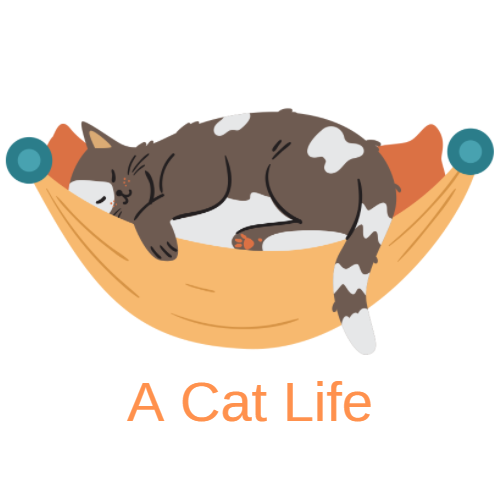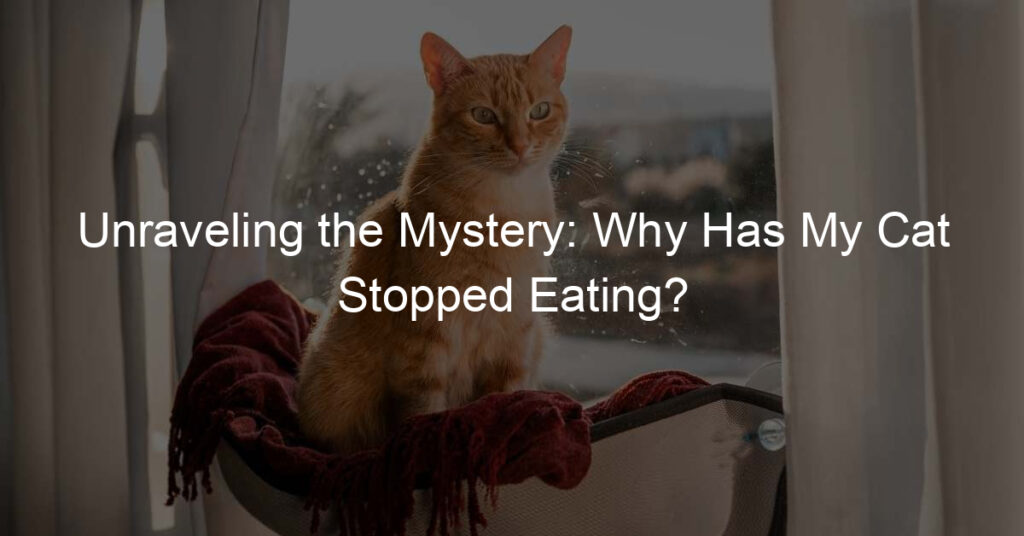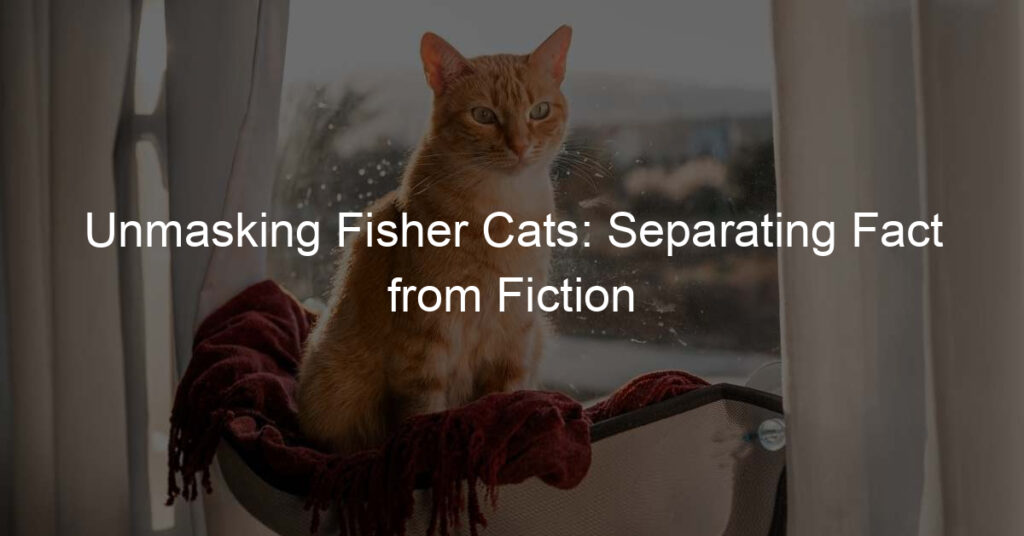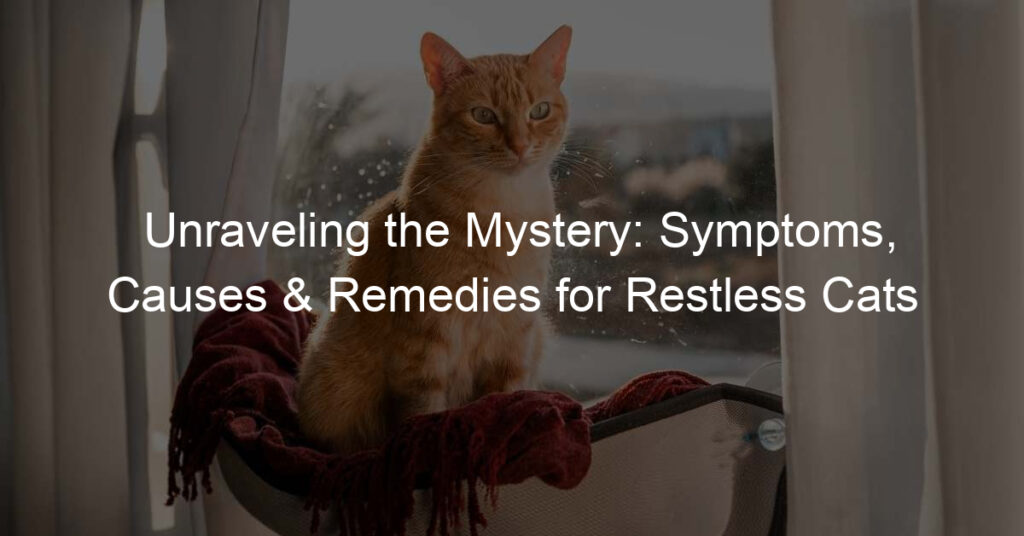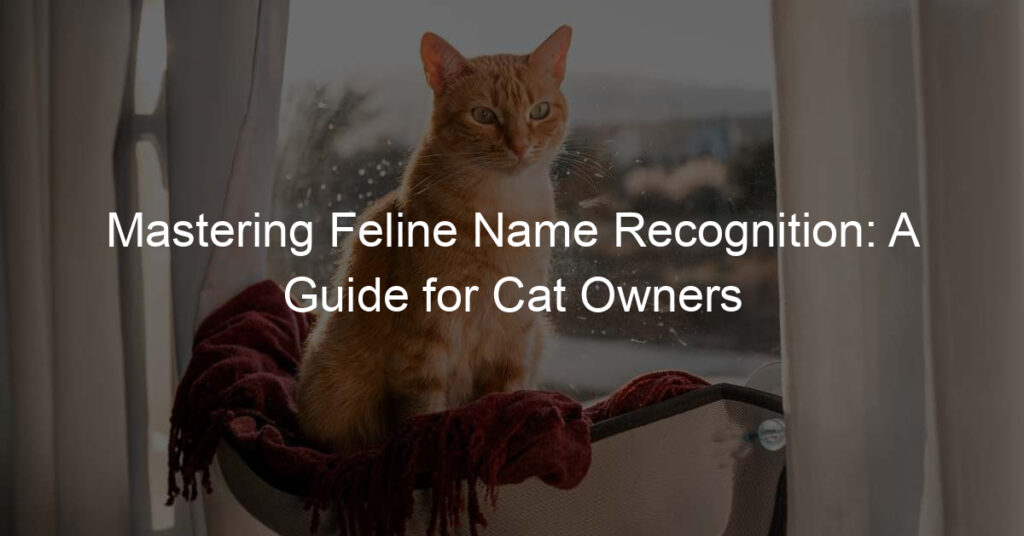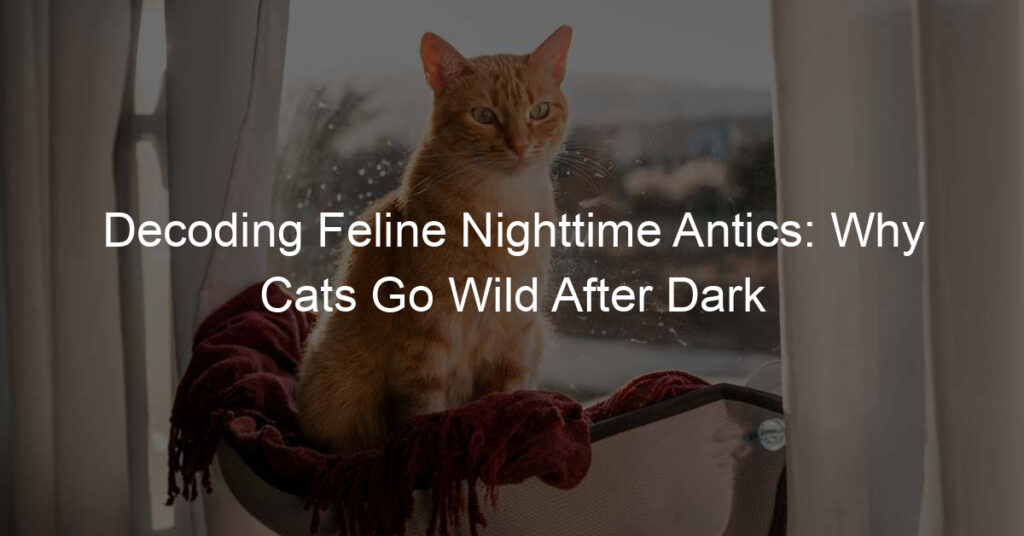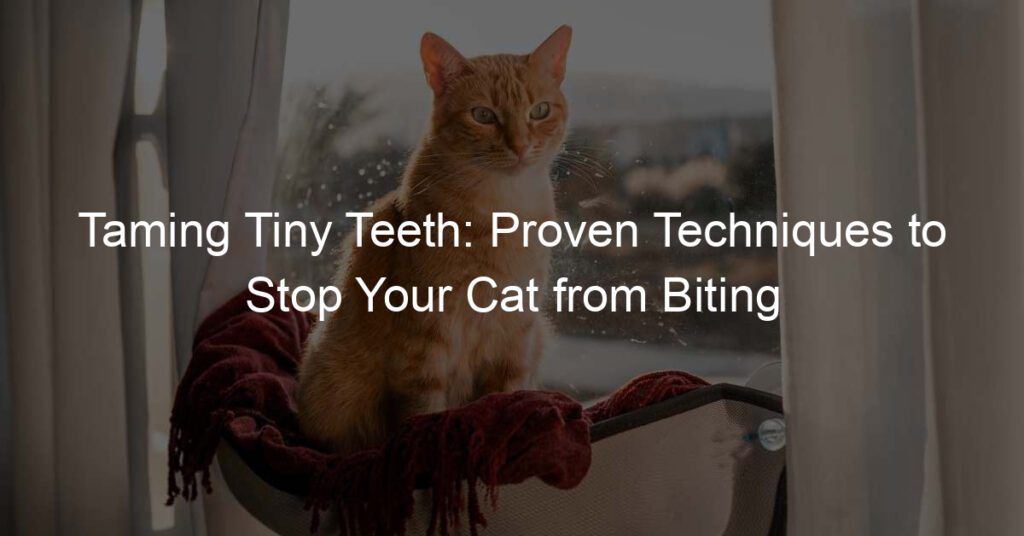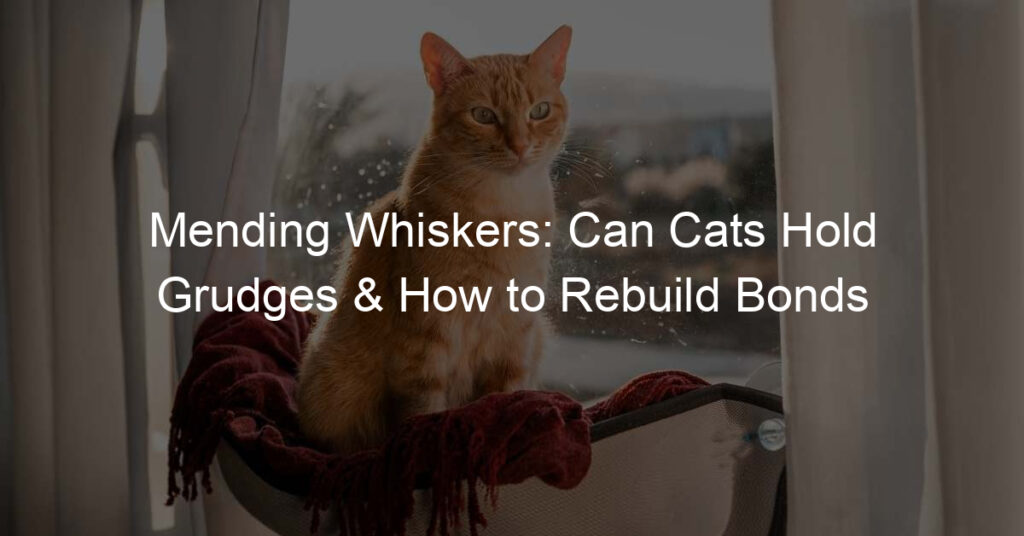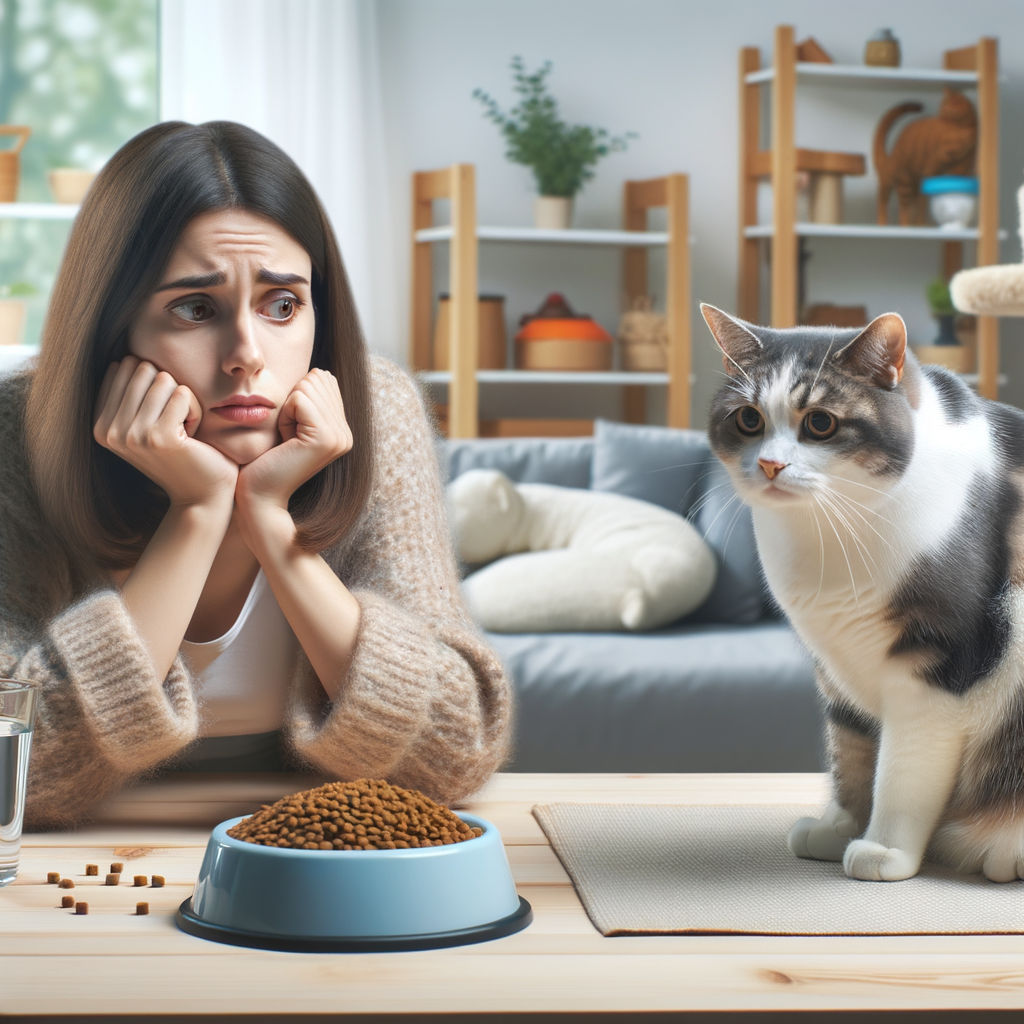
Introduction: Understanding Cat’s Eating Behavior
As a cat owner, understanding your feline friend’s eating behavior is crucial. This knowledge will not only help you keep your cat healthy but also alert you to any potential health issues. In this post, we will explore the normal eating habits of cats, the importance of regular feeding, and the signs that indicate a change in eating habits.
- Normal Eating Habits of Cats
- Importance of Regular Feeding
- Signs of Change in Eating Habits
Cats are carnivores, meaning their diet primarily consists of meat. A healthy cat typically eats multiple small meals throughout the day. This behavior is a reflection of their natural hunting instincts. In the wild, cats hunt and eat small prey multiple times a day. Domestic cats have retained this instinct, which is why they prefer multiple small meals over one or two large ones.
Regular feeding is essential for cats. It helps maintain their metabolism and energy levels. A consistent feeding schedule also helps prevent obesity, a common health issue in domestic cats. Furthermore, regular feeding can help establish a routine, which can be comforting for cats and make them feel secure.
Changes in a cat’s eating habits can be a sign of health issues. If your cat is eating more or less than usual, it’s a cause for concern. Other signs include sudden weight loss or gain, changes in water consumption, and changes in the cat’s behavior around meal times. If you notice any of these signs, it’s important to consult a vet.
In the following sections, we will delve deeper into the causes of changes in a cat’s eating habits, the potential health problems related to eating disorders, and what to do if your cat is not eating. Stay tuned to learn more about your feline friend’s dietary needs and how to keep them healthy and happy.
Major Section: Cat Not Eating Causes
There are numerous reasons why your feline friend may not be eating. Let’s delve into the medical reasons that could be causing your cat’s loss of appetite.
Subsection: Medical Reasons for Cat’s Loss of Appetite
Just like humans, cats can also experience health issues that affect their appetite. Here are some common medical reasons:
- Dental Problems
- Illness or Disease
- Medication Side Effects
Did you know that cats can have dental issues too? Conditions like tooth decay, gum disease, or oral injuries can cause severe pain and make eating uncomfortable for your cat. Regular dental check-ups can help identify and treat these problems early.
Cats may lose their appetite when they are not feeling well. Common illnesses like kidney disease, diabetes, or hyperthyroidism can cause a decrease in appetite. If your cat is not eating and also showing other signs of illness, such as lethargy or vomiting, it’s time to visit the vet.
Just like humans, cats can also experience side effects from medications. Some drugs may cause nausea or a change in taste, leading to a decrease in appetite. If your cat has recently started a new medication and is not eating, it’s essential to consult with your vet.
Remember, if your cat is not eating, it’s crucial to seek veterinary advice. Early detection and treatment can significantly improve your cat’s health and quality of life.
Behavioral Reasons for Cat’s Loss of Appetite
Just like humans, cats can also experience changes in their appetite due to behavioral reasons. These reasons can be as simple as stress or as complex as a change in their environment. Let’s take a closer look at these behavioral factors that might be causing your feline friend to eat less than usual.
- Stress or Anxiety
- Changes in Environment
- Preference or Pickiness
Cats are sensitive creatures and can easily become stressed or anxious due to various factors. This could be a new pet in the house, a loud noise, or even a change in your daily routine. When a cat is stressed or anxious, they may lose their appetite and refuse to eat. It’s important to identify the source of their stress and try to eliminate it to help them regain their appetite.
Cats are creatures of habit and any change in their environment can cause them to lose their appetite. This could be a move to a new house, a new piece of furniture, or even a change in the brand of their food. Cats need time to adjust to new situations, and during this adjustment period, they might eat less than usual.
Some cats are simply picky eaters. They might refuse to eat a certain type of food or prefer one brand over another. If your cat suddenly stops eating their usual food, it might be because they’ve developed a preference for something else. Try offering them a variety of foods to see if they have a particular preference.
In conclusion, understanding your cat’s behavior is key to identifying why they might be losing their appetite. By paying close attention to their habits and environment, you can help ensure they maintain a healthy diet.
Major Section: Cat Sudden Change in Eating Habits
As a cat owner, it’s important to pay close attention to your cat’s eating habits. Any sudden changes could be a sign of underlying health issues. In this section, we will discuss the signs of sudden change, the possible triggers, and the impact of these changes on your cat’s health.
- Signs of sudden change
- Possible triggers of sudden change
- Impact of sudden change on cat’s health
Changes in your cat’s eating habits can manifest in various ways. Your cat might start eating more or less than usual. They might also show a sudden disinterest in their favorite foods. Other signs include changes in weight, excessive thirst, and changes in their stool. It’s important to keep a close eye on your cat and report any unusual behavior to your vet.
Several factors can trigger a sudden change in your cat’s eating habits. These can range from environmental changes like moving to a new home, to more serious health issues like dental problems, kidney disease, or even cancer. Stress and anxiety can also affect your cat’s appetite. It’s crucial to identify the cause of the change to provide the right treatment.
A sudden change in eating habits can have a significant impact on your cat’s health. If your cat is eating less, they might not be getting the necessary nutrients, which can lead to weight loss and other health problems. On the other hand, if your cat is eating more, they could be at risk of obesity, which can lead to diabetes and heart disease. Therefore, it’s important to maintain a balanced diet for your cat and consult your vet if you notice any changes.
In conclusion, monitoring your cat’s eating habits is a crucial part of ensuring their overall health. Any sudden changes should be taken seriously and addressed promptly. Remember, when it comes to your cat’s health, it’s always better to be safe than sorry.
| Signs of Change | Possible Triggers | Health Impact |
|---|---|---|
| Changes in appetite, weight, thirst, and stool | Environmental changes, health issues, stress, and anxiety | Weight loss, nutrient deficiency, obesity, diabetes, heart disease |
Why is My Cat Not Eating?
It can be concerning when your furry friend suddenly loses interest in their food. Understanding why your cat is not eating is crucial to ensuring their health and happiness.
Cat Refusing Food
When your cat refuses to eat, it’s not just about being picky. There could be several underlying reasons for this behavior. Let’s explore some of the most common reasons, how to encourage your cat to eat, and when it’s time to seek professional help.
- Common Reasons for Refusal
- How to Encourage Your Cat to Eat
- When to Seek Veterinary Help
There are several reasons why your cat might be refusing to eat. These can range from simple issues like disliking a new brand of food, to more serious health problems like dental issues or kidney disease. Stress, changes in environment, or even aging can also affect your cat’s appetite.
Encouraging your cat to eat can sometimes be as simple as switching back to their old food brand or making sure their feeding area is quiet and comfortable. You can also try warming up their food a little to make it more appealing. If your cat continues to refuse food, it may be time to consult with a vet.
If your cat has not eaten for more than 24 hours, it’s important to seek veterinary help immediately. Prolonged refusal to eat can lead to serious health problems. A vet can help identify any underlying health issues and recommend the best course of action.
Remember, every cat is unique and what works for one might not work for another. It’s important to pay attention to your cat’s behavior and eating habits to ensure they stay healthy and happy.
Cat Health Problems Related to Eating Disorders
In the next section, we will delve deeper into the health problems that could be causing your cat’s eating disorder. Stay tuned to learn more about this important topic.
Cat Health Problems Related to Eating Disorders
When a cat’s eating habits change, it can lead to several health problems. These issues can be severe and may require immediate attention. Let’s explore some of the major health problems that can arise due to eating disorders in cats.
- Malnutrition
Malnutrition occurs when a cat does not get enough nutrients from its diet. This can happen if a cat is not eating enough, or if it is eating the wrong types of food. Malnutrition can lead to a weak immune system, making the cat more susceptible to diseases. It can also cause growth and development issues in younger cats.
- Dehydration
Dehydration is another common problem related to eating disorders. Cats usually get most of their water from their food, especially if they eat a wet food diet. If a cat is not eating properly, it may not get enough water, leading to dehydration. This can cause serious health issues like kidney problems and can be life-threatening if not treated promptly.
- Weight loss
Weight loss is a clear sign of an eating disorder in a cat. If a cat is not eating enough, it will start to lose weight. This can lead to other health problems, such as a weakened immune system and organ failure. Weight loss can also be a sign of other serious health conditions, so it’s important to get your cat checked by a vet if you notice any sudden changes in its weight.
In conclusion, changes in a cat’s eating habits should not be taken lightly. They can lead to serious health problems like malnutrition, dehydration, and weight loss. If you notice any changes in your cat’s eating habits, it’s important to consult with a vet immediately.
Conclusion: Cat’s Sudden Loss of Appetite
In this post, we’ve explored the possible reasons behind a cat’s sudden loss of appetite, the importance of monitoring your cat’s eating habits, and some final thoughts on maintaining your cat’s health. Let’s recap.
- Recap of potential causes: A sudden loss of appetite in cats could be due to various reasons. It could be a sign of stress, illness, or a change in their environment. It’s also possible that your cat is just being picky about their food. However, if your cat is consistently not eating, it’s crucial to consult with a vet as it could be a sign of a serious health issue.
- Importance of monitoring your cat’s eating habits: Monitoring your cat’s eating habits is not just about ensuring they’re eating enough, but also about noticing changes in their eating patterns. A sudden change in appetite could be a sign of a health problem. By keeping a close eye on your cat’s eating habits, you can catch any potential issues early and seek veterinary help if needed.
- Final thoughts on maintaining cat’s health: Maintaining your cat’s health goes beyond just feeding them. It involves regular vet check-ups, ensuring they get enough exercise, and providing them with a stress-free environment. Remember, a healthy cat is a happy cat.
Understanding your cat’s eating behavior is key to ensuring their overall health and wellbeing. If you notice any sudden changes in your cat’s appetite, it’s always best to consult with a vet. After all, our feline friends rely on us to keep them healthy and happy.
| Key Takeaways |
|---|
| Monitor your cat’s eating habits regularly. |
| Consult a vet if you notice a sudden change in your cat’s appetite. |
| Maintaining your cat’s health involves regular vet check-ups and providing a stress-free environment. |
